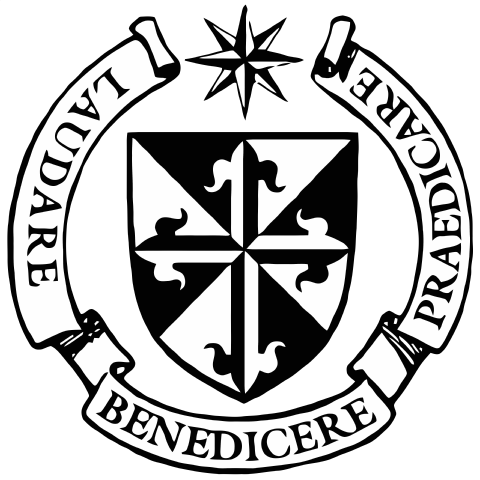To Live in Harmony
The governance of Dominican monasteries is unique among other religious families in the Church. Some monastic traditions place the power to rule in the hands of an abbess who is appointed for life and is, ideally, something of a kindly monarch. The model used by Saint Dominic for both Dominican friars and nuns is quite different, however. “According to the mind of our holy Father Dominic,” explain our Constitutions, “the nuns…should have an enlightened participation in their own government.”
What does our “enlightened participation” look like in practice? The answer has to do with the monastery’s main organ of governance, called the chapter. The chapter is the full body of solemnly professed nuns, under the headship of the prioress, who deliberate on matters affecting our life together. Meetings, discussions, dialogue, and voting—these are the responsibility and privilege of every solemnly professed Dominican nun.
“Shared governance may not be the fastest way to ‘get things done’, but it is the best way to achieve harmony.”
Shared governance may not be the fastest way to “get things done”, but for us it is the best way to achieve harmony. And harmony is the goal set before us at the opening of our Constitutions in a sentence taken straight from the Rule of Saint Augustine: “The first reason for which we are gathered together in community is to live in harmony, having one mind and heart.”
Saint Augustine’s vision of a community living in harmony is rooted in the communion (communio) of the Trinity itself. When the love of God comes to fruition in us in the love of our sisters, then the monastic community truly mirrors the love of the Father, Son, and Holy Spirit. The surest sign and expression of Trinitarian charity in our monastic life is unity: “That they may all be one; even as you, Father, are in me, and I in you” (Jn 17).
Obedience also has an important role to play in attaining unity through governance. By virtue of her religious profession, every Dominican nun is bound to obey the prioress as her lawful superior. Each nun also promises at profession to obey the Master of the Order, Saint Dominic, Holy Mary, and God himself. In this way, her obedience reaches beyond a particular monastery to the unity of the Dominican Order, the Church, and ultimately the Trinity itself.
It’s true that the great good of harmony in a monastery can be attained and preserved only by much effort. Giving in, renouncing one’s own opinions, detaching from preferences in view of the common good—these sacrifices are often necessary and are always valuable. Indeed, this is as it should be. “Enlightened participation” in Dominican government is meant to be not only practical, but also theological and sanctifying. May it continue to lead us further into the communion of the holy Trinity, the ineffable foundation of all reality.
Please share our jubilee posts with family and friends! All pictures and texts are property of the Monastery of Our Lady of Grace and may not be reproduced without permission.

